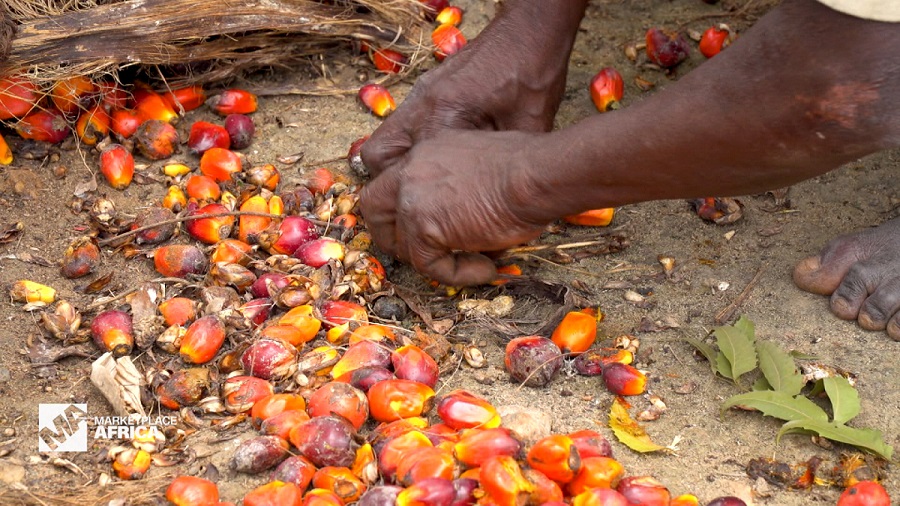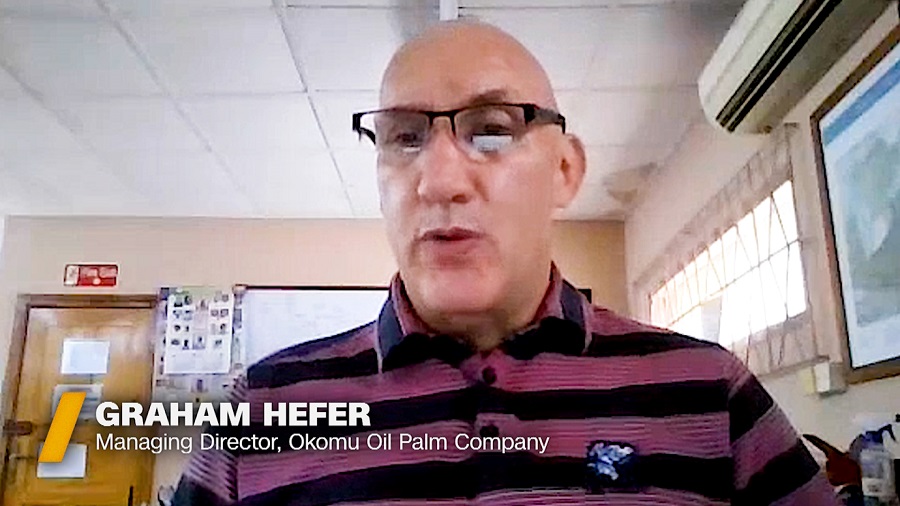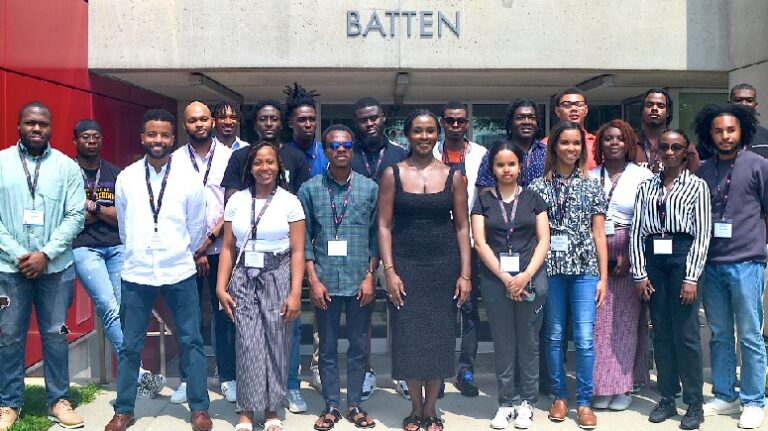AgriTech: Releaf ’s Ikenna Nzewi, others feature as CNN explores Nigeria’s palm oil industry

Once the world’s leading producer of palm oil, Nigeria has seen an output decline over the last three decades.
The country is the fifth largest producer of palm oil in the world, the main ones currently being Malaysia and Indonesia.
CNN learns that a host of challenges are to blame for Nigeria’s palm oil production shortcomings, mostly due to the fact that 80% of production is driven by small holder farmers.

Factors such as infrastructural backlogs, poor roads, blocked or backed up ports and lack of electricity make the production much more expensive.
Despite these challenges, some local companies are taking advantage of existing opportunities within the value chain.
For example, Okomu Oil Palm Company has a twenty thousand hectare plantation and partnering with smallholder farmers could help maximize their output.
“We are also, as I mentioned earlier, very interested and involved with the small holder farmers to try and increase their production, and also to assist them by being a company that will, will, will guarantee uptake of their product,” Graham Hefer tells CNN.

Production companies such as Agritech start-up Relief are also betting on technology innovation to create better and more efficient value chain.
Ikenna Nzewi of Releaf says that they have created west Africa’s most advanced Palm nut de-shelling technology that allows them to de-shell nuts and crush kernels into crude vegetable oil before selling them to fast moving consumer good processors.
Nigerian palm oil producers prioritize sustainable business practices in order to counter deforestation and preserve the natural biome. They are looking into environmentally friendly ways of generating power.
Graham Hefer says they are increasingly using clean energy: “We have also put in a five megawatt turbine, which is run through the steam production at the oil mill, which will actually take care of most of our internal power requirements for most of the year.”
Through innovation, Hefer says he hopes to “see an industry that that is, going forward into the future, highly sustainable. One that is environmentally friendly and is working in unison with government and other stakeholders, right through the pipeline, to create an industry that is second to none in the world.”







